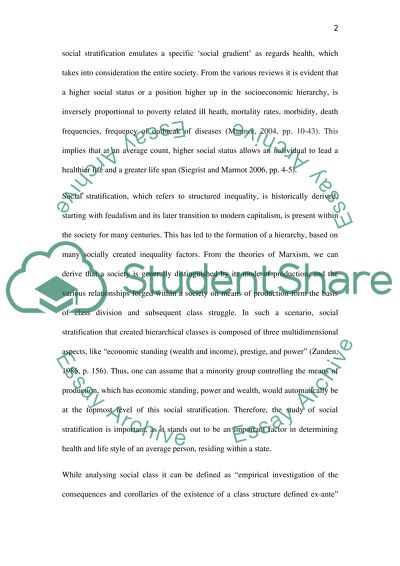Cite this document
(“Historical and Economic Forces are the Key Determining Factors of Essay”, n.d.)
Retrieved from https://studentshare.org/health-sciences-medicine/1446231-historical-and-economic-forces-are-the-key
Retrieved from https://studentshare.org/health-sciences-medicine/1446231-historical-and-economic-forces-are-the-key
(Historical and Economic Forces Are the Key Determining Factors of Essay)
https://studentshare.org/health-sciences-medicine/1446231-historical-and-economic-forces-are-the-key.
https://studentshare.org/health-sciences-medicine/1446231-historical-and-economic-forces-are-the-key.
“Historical and Economic Forces Are the Key Determining Factors of Essay”, n.d. https://studentshare.org/health-sciences-medicine/1446231-historical-and-economic-forces-are-the-key.


